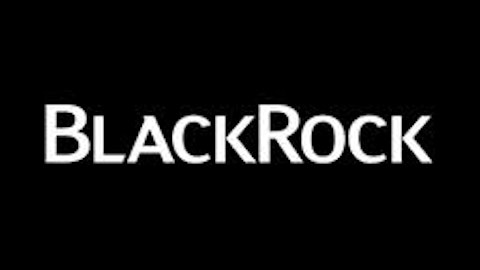No. 1: United States, $54,450
Surprised? Maybe so: Luxembourg ranked ahead of the U.S. as recently as 2010 in average annual wages, but American workers have seen their pay steadily increase as the U.S. economy slowly climbs higher. American wages have grown around 10% since 2000, as the average worker’s pay had recovered all the losses inflicted by the recession and then some.
A falling jobless rate, now down to 7.5%, has helped more Americans get back to work. The combination of the energy boom, housing’s recovery, and stimulus have lifted businesses and encouraged hiring and spending, helping average workers earn more. Out of all the OECD nations, the U.S. looks poised to continue growing worker wages better than any other nation.
However, the United States’ workers don’t face problems over a falling economy. It’s income inequality that’s hampered many. The top 10% of workers have seen income rise sharply in the past few decades, driving America’s average wages above the competition. Meanwhile, wages have stagnated — and in some cases, fallen — over that time for many middle- and working-class individuals. Income inequality has risen beyond not just other advanced economies, but even past smaller nations in the Western Hemisphere, such as Peru and Mexico.
The United States’ economy is certainly outperforming those of many of its developed peers, but the gains haven’t gone to everyone. Until income inequality falls, America’s wage gains won’t mean much to those outside the wealthiest percentiles.
Do high wages reward your investment?
Unfortunately, what’s good for average workers isn’t necessarily good for investors. Ireland, Luxembourg, and the Netherlands are all in recession or are facing slow growth or contraction in the future, and these economies are hardly ideal locales to invest in. The U.S. remains a great investment not because of its worker pay, but because of its strengthening economic climate and great businesses.
When looking to invest in the United States’ future growth, look for the catalysts behind its strengthening economy and rising worker pay. The housing market’s recovery has been one of the major storylines of America’s growth, and homebuilders are poised to capitalize on this trend. Toll Brothers Inc (NYSE:TOL) has already surged on the housing industry, as rising orders pushed the company’s first-quarter profit up by 46%. Similarly, home-improvement retailers are also in line to thrive on a bullish housing market. The Home Depot, Inc. (NYSE:HD) has extended its lead over its rivals while growing earnings by 18% in the first quarter, Housing’s recovery will create jobs and help boost worker pay in the U.S., but it’s also poised to reward investors in a big way.
That doesn’t mean an investor can’t win in high-wage countries overseas, however. Switzerland’s workers rank among Europe’s best-paid citizens, and its best businesses have emerged from the recession strong. The country’s leading bank, UBS AG (ADR) (NYSE:UBS), has looked to put recent scandals behind it by cutting costs and focusing on its wealth-management business, a move that helped the bank easily top earnings expectations in the first quarter. All European banks are risky to some extent, with the region’s fiscal crisis still ongoing, but UBS’s moves to shore up its image and create a sounder business model could be a long-term winning strategy for this stock.
For all the strong stocks in high-wage countries, however, weak ones abound. Higher wages encourage consumption and thus a stronger economy, but investing, at its most fundamental, is about buying into great businesses — whether they’re based in low-wage countries around the world or in the top-tier developed nations.
The article The 5 Countries Paying Today’s Best Wages originally appeared on Fool.com and is written by Dan Carroll.
Fool contributor Dan Carroll has no position in any stocks mentioned. The Motley Fool recommends Home Depot.
Copyright © 1995 – 2013 The Motley Fool, LLC. All rights reserved. The Motley Fool has a disclosure policy.

